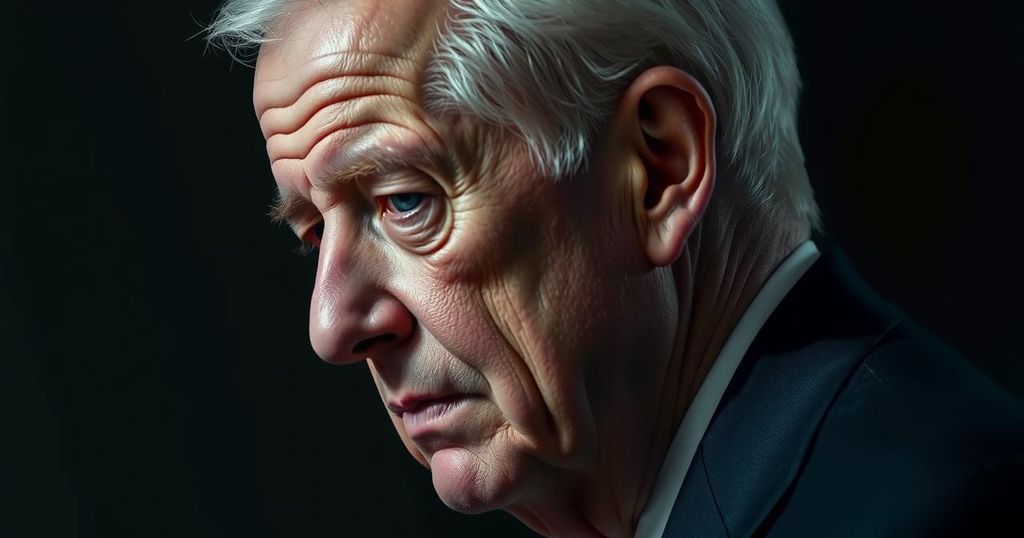Politics
AMERICA, AP, BID, BIDEN, CARTER, DAILY JOURNAL. WASHINGTON, DAVID AXELROD, DEMOCRATIC PARTY, DEMOCRATS, ELECTION, FRANTZ, NORTH AMERICA, OBAMA - BIDEN WHITE HOUSE, REELECTION CAMPAIGN, ROSE GARDEN, SOUTH AMERICA, U. S, U.S. ELECTION, U.S. PRESIDENCY, UNITED STATES, UNIVERSITY OF INDIANAPOLIS, US ELECTIONS, WHITE HOUSE
Leila Ramsay
0 Comments
Biden’s Silence Sparks Concerns After Democrats’ Election Defeat
Following the Democrats’ electoral losses, President Joe Biden has remained remarkably silent, failing to publicly analyze the defeat or its implications. His brief remarks post-election emphasized unity among Americans, yet his lack of engagement, particularly during a recent trip to South America, has raised concerns about the future direction of his presidency and legacy. Meanwhile, Biden’s aides stress the importance of an orderly transition of power while he privately processes the implications of the electoral outcome.
Since the Democrats suffered a significant defeat in the recent elections, President Joe Biden has displayed an unusual level of silence. Despite his previous warnings about Donald Trump’s potential victory jeopardizing American democracy, Biden has not publicly addressed the implications of the election outcome or analyzed the factors contributing to the Democratic losses. His only remarks came shortly after the elections, where he encouraged unity among Americans and moderated political discourse.
Following the electoral setback, Biden’s public engagements have been minimal, even during his recent six-day trip to South America. In keeping with a tradition emphasizing the importance of an orderly transition of power, Biden’s aides indicate that he believes it is crucial to respect the electoral will of the populace. However, his reticence has contributed to a perception that both he and the broader Democratic Party are grappling with the consequences of the election results.
Some commentators have suggested that Biden’s silence could be detrimental, as it risks diminishing his relevance and legacy during his final months in office. Historical parallels are drawn to previous presidents, notably Jimmy Carter, whose post-presidency efforts have highlighted the importance of continued engagement after leaving office. In this climate, Biden’s allies assert that he is privately examining the defeat while emphasizing the significance of maintaining democracy through a peaceful transfer of power.
The backdrop to President Biden’s current quietude stems from a turbulent electoral environment where the Democrats faced significant losses against Republican candidates, including Donald Trump. Amidst these challenges, Biden had previously articulated concerns regarding the ramifications of a Trump presidency on American democracy. His relative silence since the elections raises critical questions concerning his ability to effectively influence the political narrative during a pivotal moment for the country.
In conclusion, President Biden’s notable silence following the Democrats’ election defeat poses questions about his engagement with pressing political issues. While his aides assert he is privately processing the electoral loss, the absence of public reflection or commentary is perceived as a missed opportunity to assert his leadership and legacy. As the political landscape evolves, the implications of his reticence could shape perceptions of his presidency in the longer term.
Original Source: dailyjournal.net




Post Comment